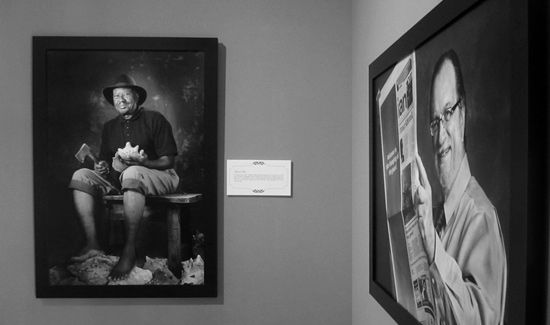 NASSAU, Bahamas — A new Gaming Bill would allow people outside The Bahamas to gamble on a website established, maintained and operated by the holder of a local gaming licence.
NASSAU, Bahamas — A new Gaming Bill would allow people outside The Bahamas to gamble on a website established, maintained and operated by the holder of a local gaming licence.
But they must be in a country or jurisdiction that permits online gaming.
The bill would also allow work permit holders and permanent residents to gamble in The Bahamas.
The controversial bill is likely to be tabled in the House of Assembly next week, according to Minister of Tourism Obie Wilchcombe, who said Cabinet will review it on Tuesday.
The bill would allow local casinos to offer mobile and Internet gaming to their clients.
One of the most controversial aspects of the proposed draft is that it prohibits only Bahamian citizens from gambling.
The decision to lift the current ban on work permit holders and permanent residents is an adoption of a proposal presented to the government by industry stakeholders — that is, current holders of gaming licences.
The stakeholders have asked the government to “allow permanent residents, holders of short- and long-term work visas to participate in casino gaming, subject to payment of an appropriate levy to the government”.
The industry stakeholders’ “Guide to modernization of casino regulations in The Bahamas” says “allowing wealthy permanent residents to gamble locally would keep gaming taxes in the country”.
The document says the public’s interest would be protected with significant controls.
It notes that in Singapore, residents must buy a daily pass for US$100 or yearly pass for $2,000 for casino entry, limiting access to those with financial means.
Wilchcombe, the minister responsible for gaming, said on Sunday, “We haven’t yet signed off on what we are taking to Parliament.”
He said the government understands that the law must be “equitable”.
“Some will ask ‘does it mean my gardener can go into the casino and I can’t?’ We have to make sure it’s done in a way that it is equitable, so even if we decide [to allow it], it may not be done tomorrow. Matters are still being discussed,” Wilchcombe noted.
He said any move to lift the prohibition against Bahamians being allowed to gamble in casinos must be carefully considered as it has social and economic implications.
“In lifting the prohibition, how will it impact the economy? How will it impact the domestic environment? The third thing is the strength of the economy,” Wilchcombe said.
“Can our economy withstand any shock if Bahamians decide in large numbers that they want to be in casinos?”
As it stands now, the government has no plans to lift the prohibition on Bahamians gambling in casinos.
Wilchcombe noted that while Bahamians are prohibited from gambling in casinos, the law does not stop them from applying and receiving casino licenses.
“Why can’t a group of Bahamians apply for a casino licence?” he asked.
“Nothing stops Bahamians from owning casinos and jumping into the industry. That’s where they ought to be thinking now. How can we pool our resources?”
The new Gaming Act would provide for several different classes of licences; among them, gaming, proxy gaming, restricted interactive gaming and junket operator licences.
In the case of a gaming licence, a company must have proven expertise in the management and operation of casinos in a regulated environment, or demonstrable access to such expertise.
The company must also be of good financial standing and have adequate means to undertake and sustain the activity for which the licence is required.
A proxy gaming licence would allow the operator to conduct gaming using any communications technology, including over the Internet.
A restricted interactive gaming licence would allow for people outside The Bahamas to gamble via a website established by the holder of a local gaming licence.
And the junket operator licence would facilitate visits to casino resorts of 20 or more “junket visitors” — that is, visitors on an excursion to a casino resort.
Wilchcombe said before it is brought to the House there will be a special briefing for members of Parliament and another briefing for the press.
By Candia Dames
The Nassau Guardian
Source: Caribbean News Now



